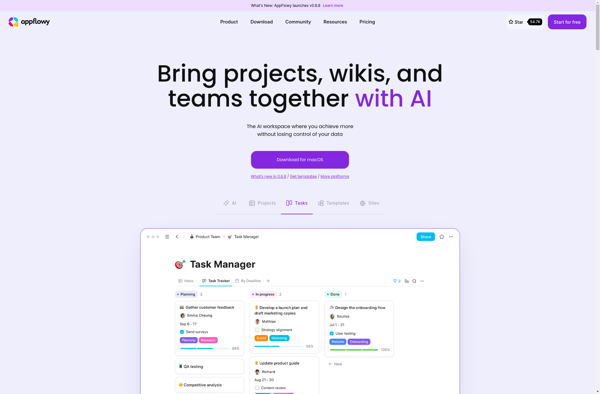Frontdoor

Frontdoor: Open-Source Website Vulnerability Scanner
Frontdoor is an open-source website vulnerability scanner that helps developers and security teams identify security issues in web applications. It can crawl websites to map all available pages and endpoints, then performs automated scans to detect common vulnerabilities like SQL injection, XSS, insecure configurations, etc.
What is Frontdoor?
Frontdoor is an open-source web application security scanner designed to help developers and security engineers identify security vulnerabilities in their web apps and APIs. It works by crawling the target application to discover all available content and functionality, then performing automated vulnerability scans to detect issues like:
- SQL injection
- Cross-site scripting (XSS)
- Insecure HTTP methods
- Remote code execution
- Insecure configurations
- Insufficient authorization
- And more...
Some key capabilities and benefits of Frontdoor include:
- Automated crawling and scanning to cover more of the attack surface
- Hundreds of vulnerability checks covering OWASP Top 10 and more
- Easy setup as a Docker container image
- Customizable scans through configuration file
- Detailed reporting of found vulnerabilities
- Integration with CI/CD pipelines
- Headless interface designed for automation
- Free and open-source for transparency and community contribution
Overall, Frontdoor brings an enterprise-grade dynamic application security testing (DAST) tool to the open-source community. It can help developers build more secure software and give security teams confidence in the apps they ship.
Frontdoor Features
Features
- Crawls websites to map all available pages and endpoints
- Performs automated vulnerability scans
- Detects common vulnerabilities like SQL injection, XSS, insecure configurations
- Open source and free to use
Pricing
- Open Source
- Free
Pros
Cons
Official Links
Reviews & Ratings
Login to ReviewThe Best Frontdoor Alternatives
Top Security & Privacy and Vulnerability Scanner and other similar apps like Frontdoor
Here are some alternatives to Frontdoor:
Suggest an alternative ❐Notion
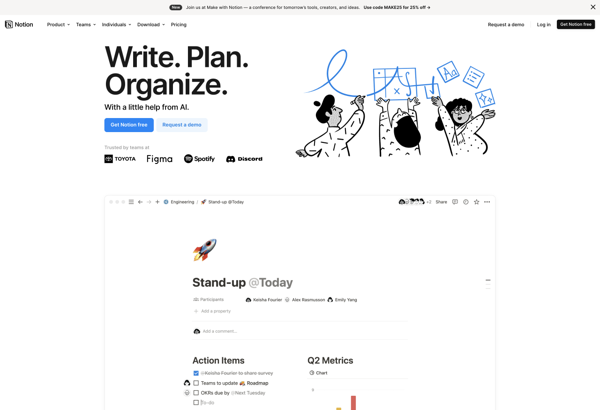
Obsidian
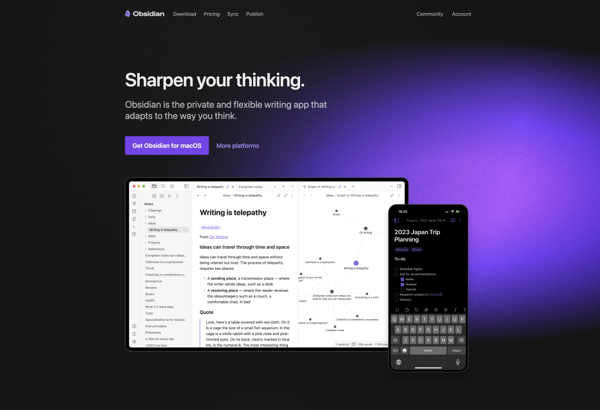
Standard Notes
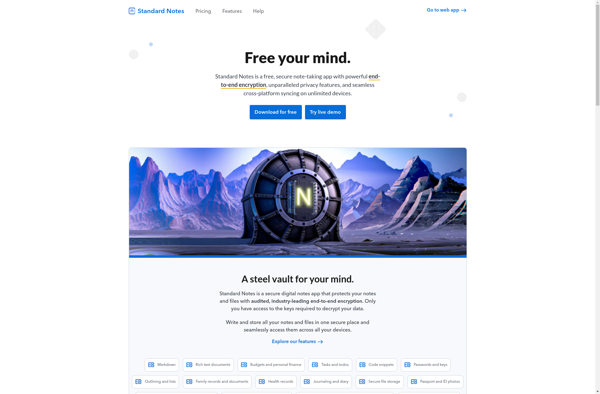
Logseq
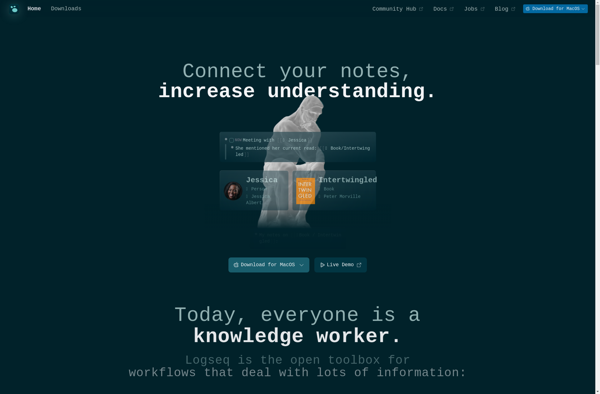
RemNote

Roam Research
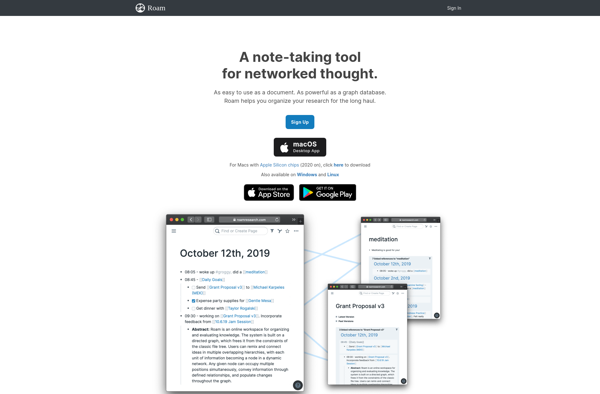
AppFlowy
